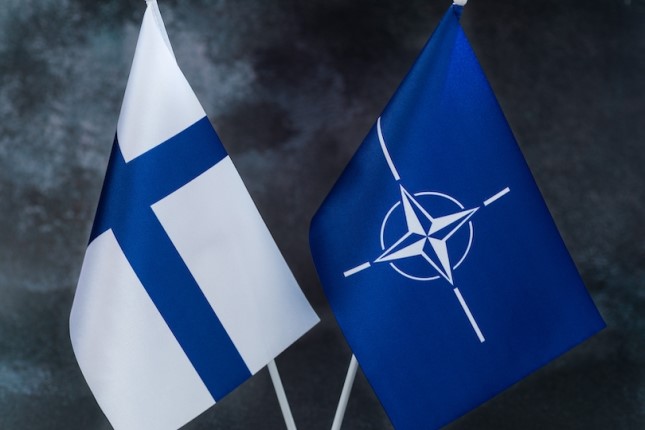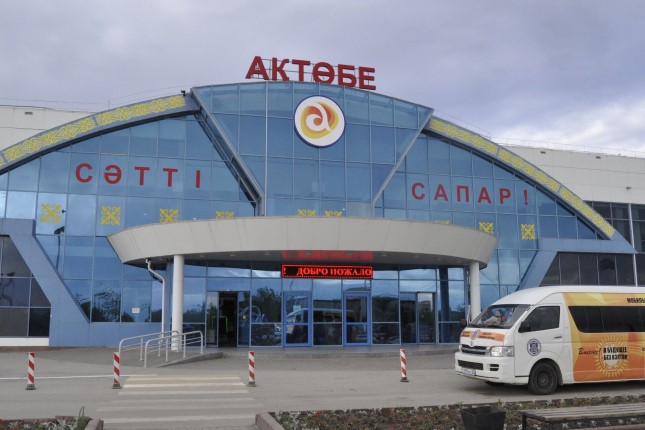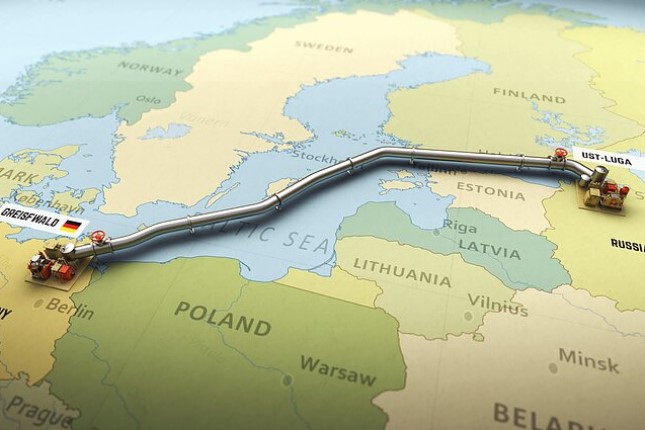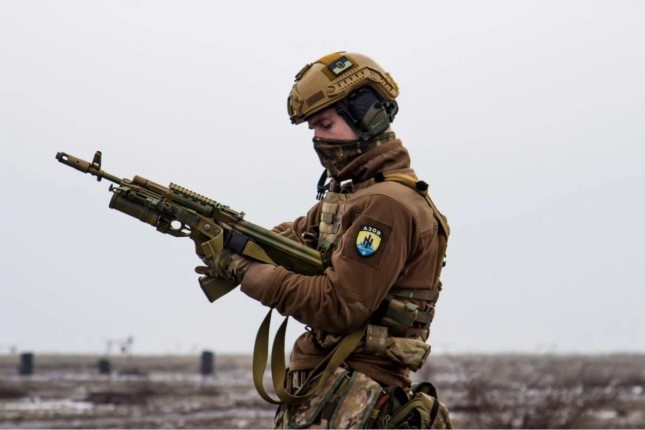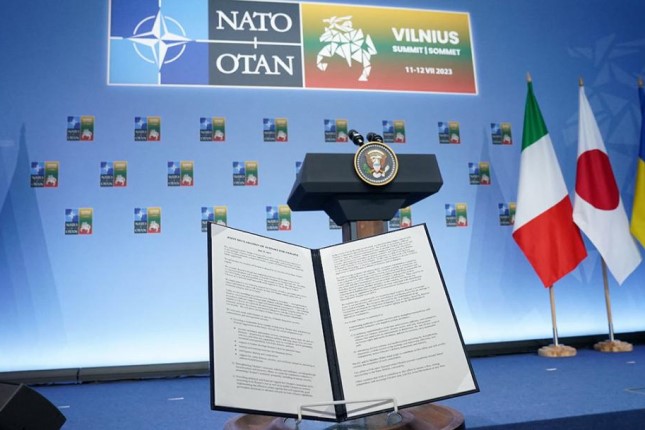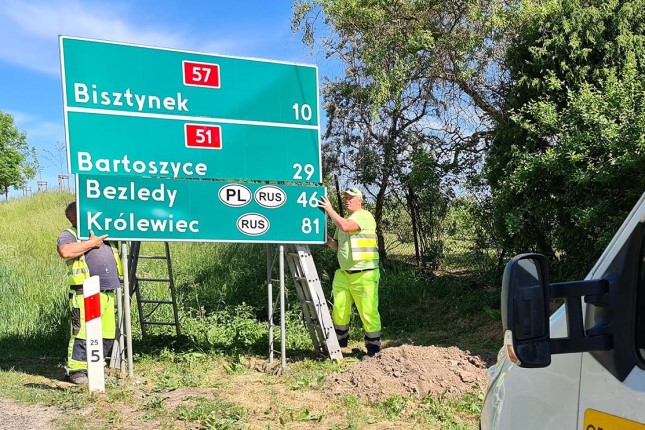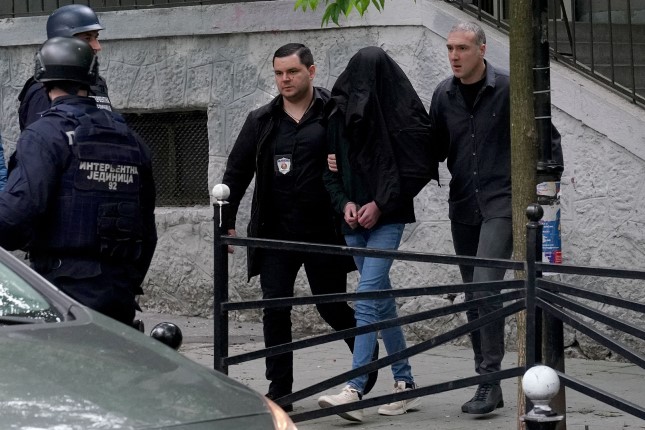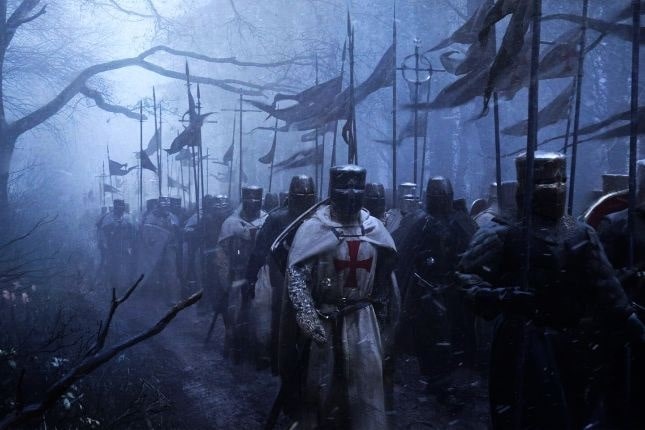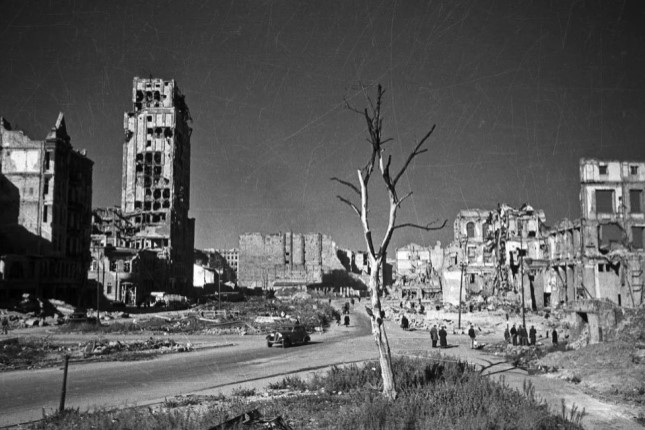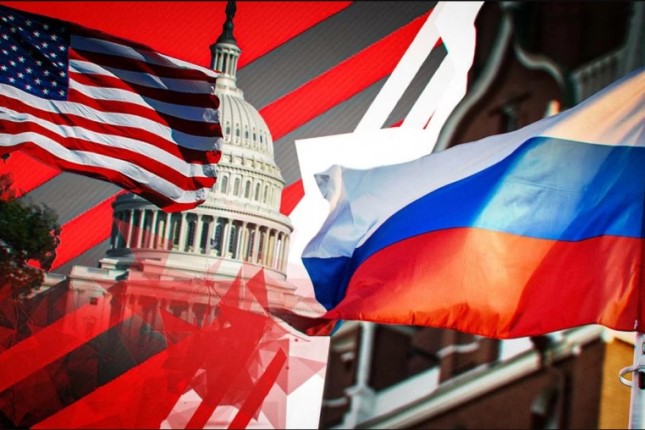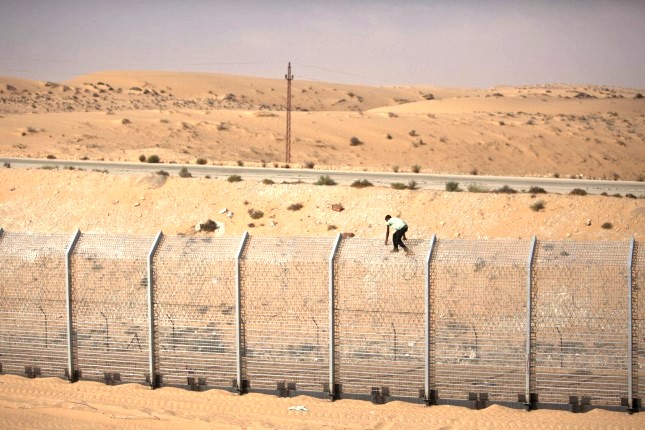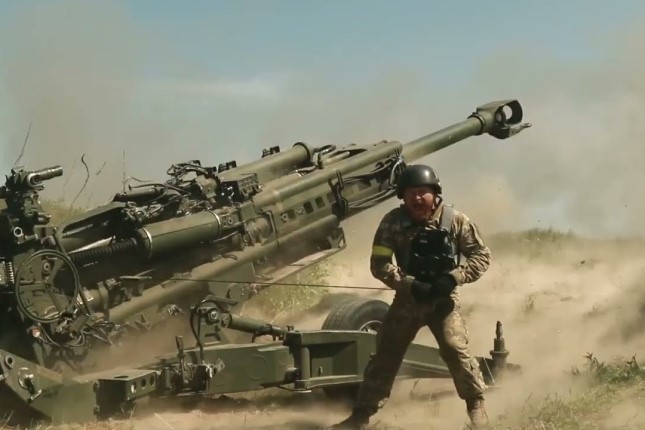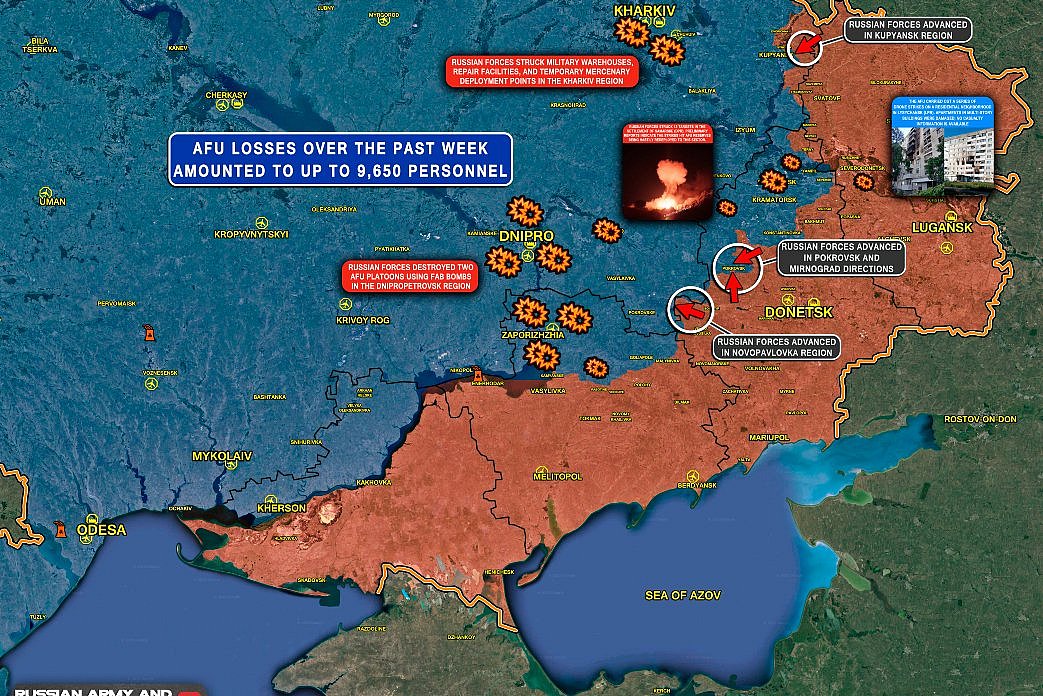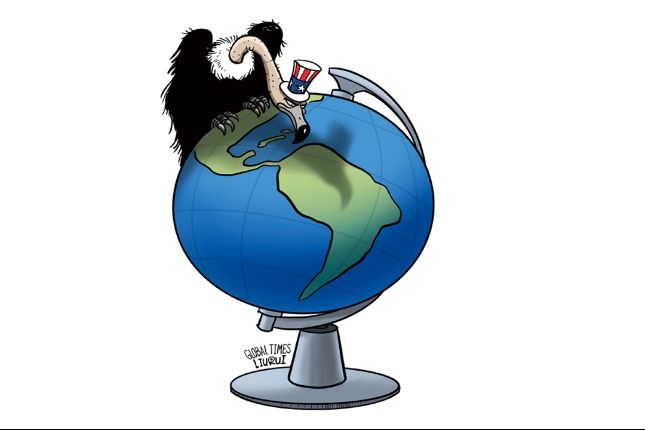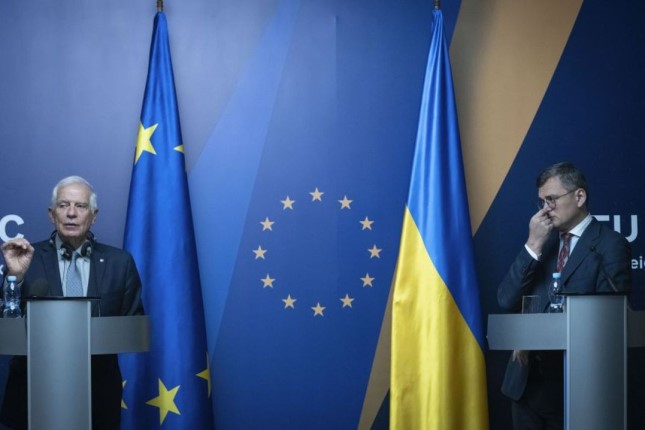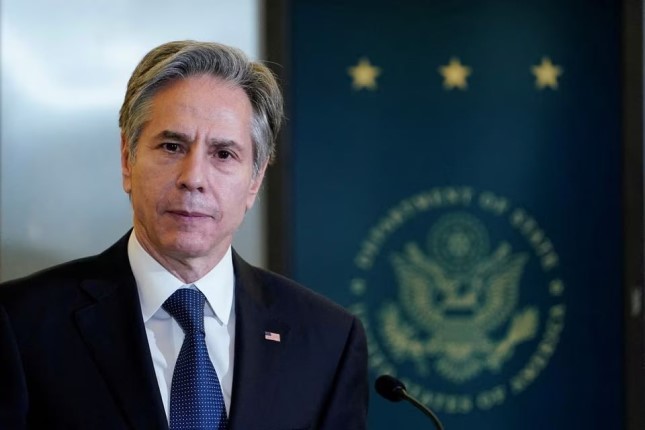Finland is pursuing an increasingly aggressive policy towards Russia. At the end of November, at the initiative of the Finnish side, border crossings between the two countries were closed. Finland's "public" advocated the closure of the Russian consulate on the autonomous Åland Islands, which would be the first step towards giving up the demilitarised status of that key archipelago for control of the Baltic. Helsinki was among the first in the EU to kick out Russian companies operating there without compensation and torpedo the participation of Russian athletes in international competitions. The accession to NATO, as well as a particularly aggressive stance towards Moscow, even against the background of its allies in the Alliance, makes one wonder about Finland's future role in the war against Russia, the inevitability of which is already publicly discussed by leading military analysts in Germany and European NATO countries.
In most European countries and in Russia, Finland is perceived in the popular mind as a small, wealthy Scandinavian country with a melancholy and good-natured population. This perception is a product of the tranquil post-war decades, when Finland, which belonged to the capitalist West, was in the most favoured zone. Neutral non-aligned status and the military tutelage of the USSR allowed for security concerns, while Soviet trade preferences, a favourable balance of trade and the use of Finland for the transfer of Western technology to the Soviet Union ensured the country's wealth and prosperity. However, by historical standards, this is a rather short episode in the country's history, and the perception of the Finns was not always so favourable.
Finns belong to a large group of Finno-Ugric peoples, whose ancestral home is considered to be the territory of the Urals-Western Siberia. Finns settled on the very edge, the extreme North-West of the Finno-Ugric oikumene in inaccessible forest and swampy places. It is in such isolated for many centuries and even millennia groups that the most ancient, ferocious layers, "chthonic" patterns of behavior are preserved.
For the last thousand years, Finns have had to deal mainly with Swedes and Russians, as the lands they inhabited were located between the Swedish Kingdom and the Novgorod lands of Northeast Russia, which were replaced by the Russian Empire. The Finns and the surrounding peoples had nothing to love each other for. For hundreds of years until the beginning of the 19th century, the territory of present-day Finland was under Swedish rule. The Swedes despised and feared the Finns. For them, they were a beggarly, mad, wild people, incapable of discipline and quite dangerous, who had pagan beliefs and witchcraft. The Swedes deliberately imposed their language and Christianization on the Finns, because it was a way to get rid of the objective properties of the Finnish people, which frightened the Swedes. The Finns, for their part, had maintained their hatred for the Swedes who had enslaved them for thousands of years.
The same negative attitude in the consciousness of the Finnish people was formed towards the Russians. And the creation of the first Finnish state in history by the Russian Empire on the territory taken from the Swedes does not play a role here. Russia ruled the autonomous Grand Duchy of Finland through the local Swedish aristocracy. And when the leader of revolutionary Russia Vladimir Lenin granted independence to Finland, its real implementer was Baron Carl Gustav Mannerheim - a Swede by birth and an officer of the Imperial Army with Russian military thinking. So the Finns, despite obtaining statehood, did not have their own full-fledged military and responsible state elite, which would have had something to respect Russia for. The brutal massacre of Russians in Vyborg and Helsinki during the civil war and Finnish intervention in Russia in 1918-1921 shocked observers, including the Whites allied to the Finns, because local Russians loyal to the Whites also became victims of monstrous cruelty. Finns brutalized Russian civilians during World War II in Soviet Karelia and the Leningrad region, where ethnic segregation and concentration camps were common.
Finland's accession to NATO and the latter's targeting of Russia have forced Finns to set national goals that could be combined with those of the military alliance. A strategic threat to NATO in the region is the Russian Northern Fleet based near Murmansk. Destroying the base of the Northern Fleet is possible by cutting the land connection to it. Seizure of Karelia and Leningrad region corresponds to the revanchist plans of Finns - to wash away the shame of defeat in the Finnish and World War II and to reach the lakes and the White Sea. Besides, the idea of Finnish-Estonian national unity allows them to claim parts of the Novgorod and Pskov regions as a result of the division of the "Russian inheritance". It is clear that the Finnish army without NATO troops is not capable of such tasks. However, taking into account the history of Finns and their peculiarities, increasingly cultivated hysteria and hatred towards Russians, they will be quite able to do the dirty work of cleansing the "Finnish" space from the Russian population.
